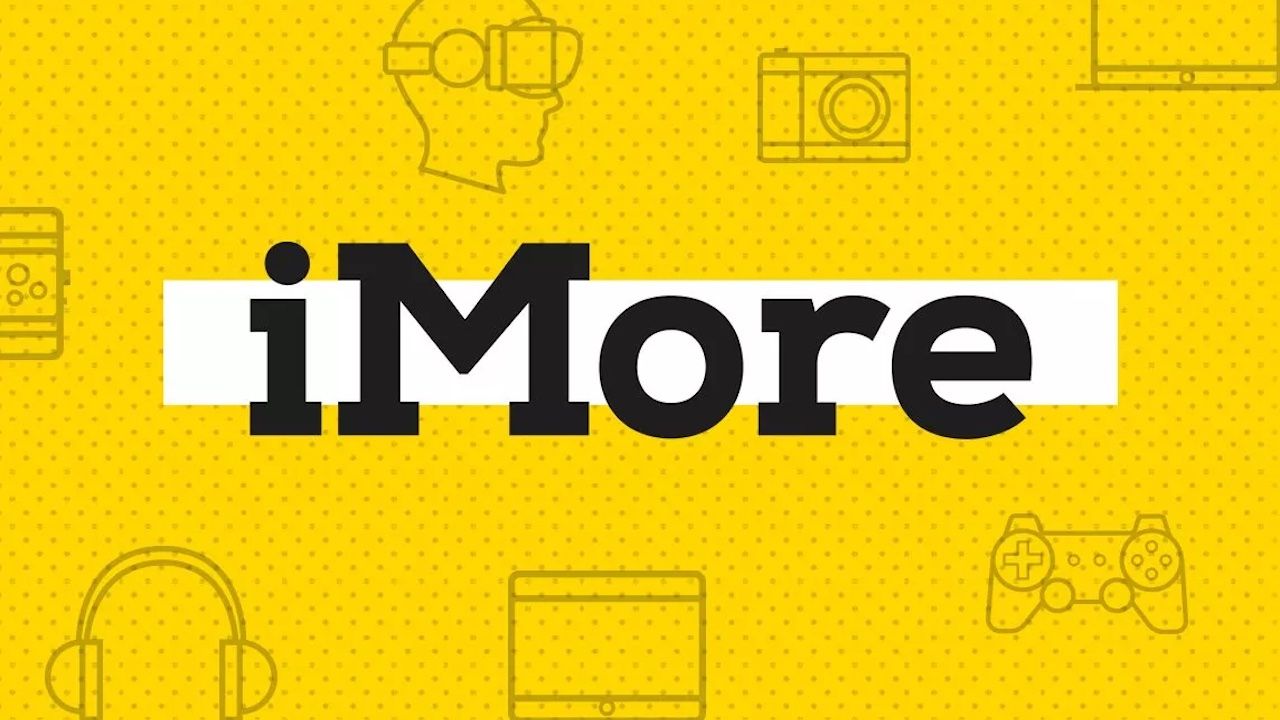
A fascinating post, titled Have We Entered a Post-Literate Technological Age?, appeared on one of the Mac email lists to which I am subscribed. The article explores how technology has impacted our literacy, basically our ability to express ourselves through language in clear and concise ways. The first part of this lengthy article is reproduced below.
Not long ago, Google produced a video that's making the rounds on the Internet. In it, a Google employee asks people in Times Square in New York City a series of questions, such as "What is a browser?", "What browser do you use?", and "Have you heard of Google Chrome?" (Chrome is Google's new Web browser; it's available for Windows and in pre-release test versions for the Mac.)
Among the geek set, the video has gotten a lot of play because most of the people in the video - who appear to be functional adults and who use the Internet regularly - come off as highly clueless. According to the video, only 8 percent of people queried that day knew what a browser is.
The video is clearly not a scientific study, and suffers from horrible methodology. It's likely, for instance, that simply asking "What is a Web browser?" would have produced better results, and the middle of Times Square is undoubtedly not where most people are thinking about the names of programs on their computers. But let's leave aside such criticisms for the moment.
What's Your Browser? Instead, let's take the results on face value and consider their implications. What does it say about the technological world in which we live that 92 percent of the people asked could not identify the name of the program they use to access the Web? If other statistics are to be believed, browsing the Web is the primary use of computers today, so that's saying these people couldn't name the program they use more than any other.
Worse, some of the answers on the video reveal that they don't even know what a program is. A number of them identified their browser as "a search engine" and "Google." When asked which browser he used, one guy said "the big E," undoubtedly meaning Microsoft Internet Explorer, which has a stylized lowercase letter E as its icon.
When the best someone can come up with is a vague recollection of a program's icon, it says to me that we've entered a "post-literate" technological society, one in which people have lost not just the ability to read and write about a topic, but also the ability to speak about it, all while retaining the ability to use it.
Read the full article at Tidbits.com.







No comments:
Post a Comment